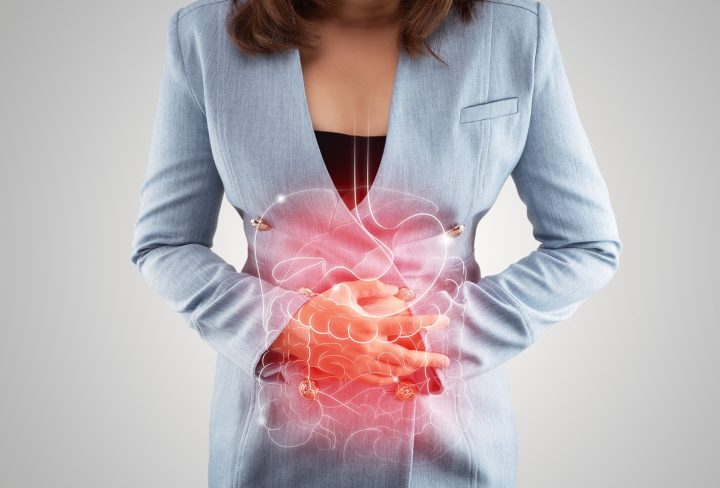A condition in which cancer cells develop in the tissues of the pancreas, a small gland located behind the stomach. It produces digestive juices and hormones that regulate blood sugar levels
Symptoms of Pancreatic Cancer
- Jaundice
- Upper or Middle Abdominal Pain
- Unexplained Weight Loss
- Blood Clots in The Body
- Itchy Skin
- Loss of Appetite
- Fatigue
- Depression
- New or Worsening Diabetes
Risk Factors of Pancreatic Cancer
- Smoking Tobacco
- Age >60 Years
- Family History
- Excessive Alcohol Consumption
- Chronic Inflammation of The Pancreas
- Obesity
- Diabetes (Newly Diagnosed)
Diagnosis of Pancreatic Cancer
Your doctor will ask about your health history and perform a physical examination along with several tests to determine the cause of the condition, including:
- Blood tests (to check your general health and functioning of kidneys and liver)
- Laparoscopy (a surgical procedure to look at organs)
- CT scan
- MRI
- PET Scan
- Biopsy (removal of tissue to view it under a microscope)
Treatment for Pancreatic Cancer
- Surgery (Removes the cancer cells)
- Radiation Therapy (High-speed energy to kill the cancer cells)
- Chemotherapy (Uses drugs to kill cancer cells)
For advanced stages, surgery may not be possible. Treatment focuses on relieving symptoms such as pain and digestive problems.
Prevention of Pancreatic Cancer
- Quit smoking and Alcohol
- Maintain Healthy Weight
- Control Your Blood Sugar Levels
- Use Safety Equipment (In case of toxin exposure at work)
Smokers are two to three times more likely to develop pancreatic cancer.

